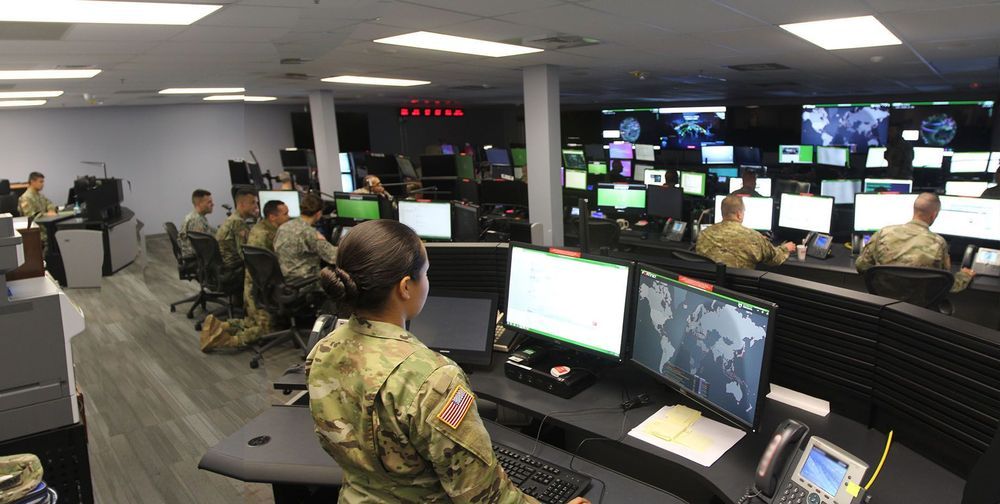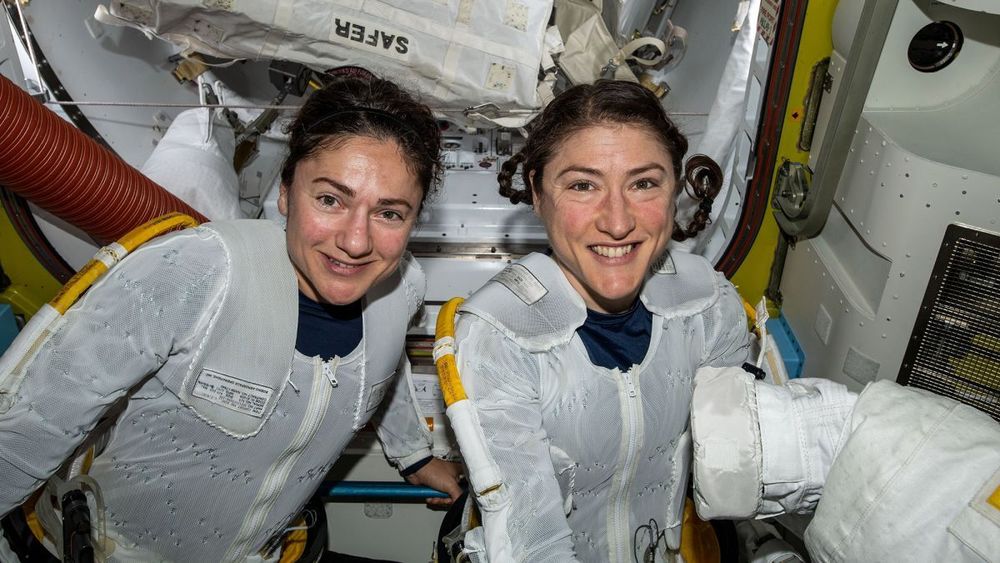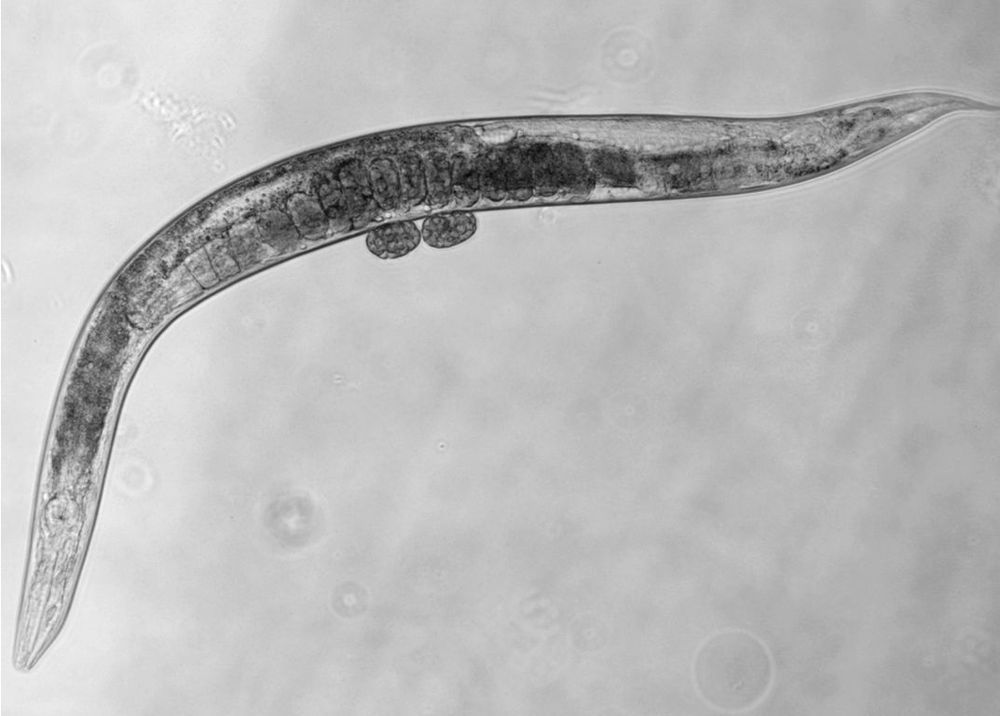Maintaining five healthy habits—eating a healthy diet, exercising regularly, keeping a healthy body weight, not drinking too much alcohol, and not smoking—at middle-age may increase years lived free of type 2 diabetes, cardiovascular disease, and cancer, according to a new study led by Harvard T.H. Chan School of Public Health.
People who practice healthy habits at age 50 lived more years free of chronic diseases compared to those who did not practice any of these habits. Women who practiced all five habits gained about ten years of disease-free life, and men who did so gained about eight years. A healthy lifestyle not only improves lifespan (overall life expectancy) but also healthspan (healthy or disease-free life expectancy).









